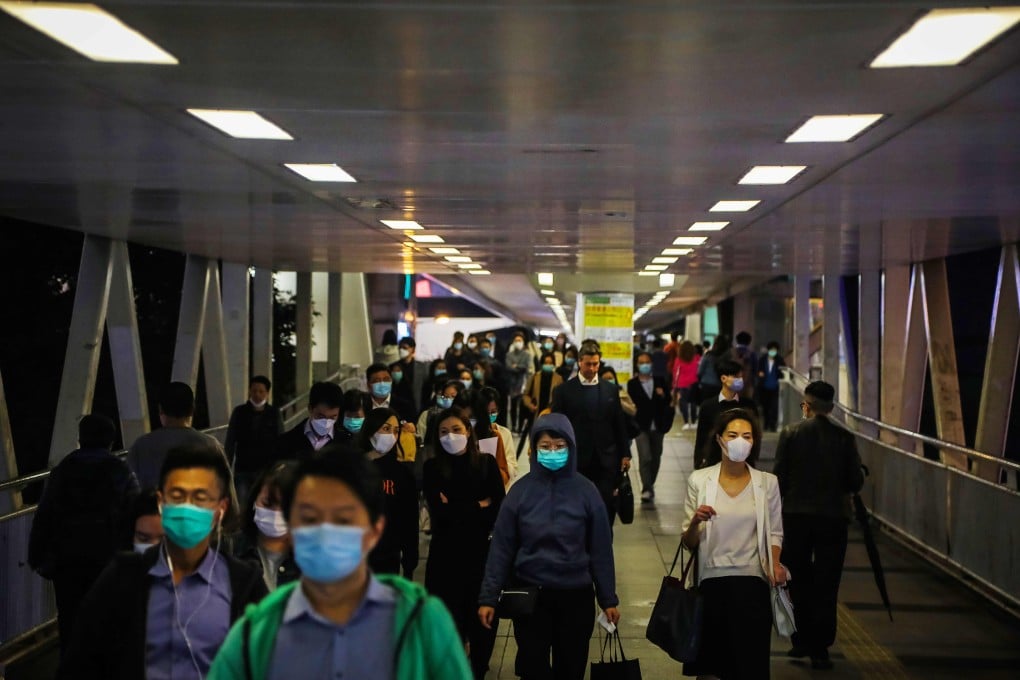Advertisement
Opinion | What’s ailing Hong Kong? Not just coronavirus-induced panic but also months of mental stress
- The Covid-19 outbreak comes at a time when mental health in Hong Kong is at its most fragile in eight years. Hong Kong society is being forced to fight the virus before it can recover from the trauma of the anti-government protests
Reading Time:3 minutes
Why you can trust SCMP

As the fight against the spread of the novel coronavirus goes on, Hong Kong seems to be under a perpetual cloud of gloom. On any given day, it is almost impossible to read or watch the news without being bombarded with reports of newly confirmed cases and further disruptions to the city’s day-to-day functioning.
While it is imperative for Hongkongers to take care of their physical health in these challenging times, it is also important to be mindful of how the prevailing societal atmosphere is affecting their mental health.
With the abundance of media coverage of the current public health crisis, there is no shortage of news clips showing scenes of panic buying and of patients being admitted to hospital. For a city that is already on edge, such images can often be distressing, triggering responses that feed into a constant cycle of panic.
Advertisement
Anxiety over risks to public health is further exacerbated by uncertainties surrounding people’s livelihoods as Hong Kong’s economy is thrown into its first technical recession in a decade. The unemployment rate is at its highest in about three years, and is expected to reach 4 to 5 per cent this year.

In the 2020-21 budget delivered by Financial Secretary Paul Chan Mo-po last week, it was announced that HK$2.7 billion (US$347 million) would be provided to support job creation and retention. Yet, the bulk of the funds are designated for vocational training programmes and employer subsidies, and are unlikely to directly benefit those who are unemployed.
Advertisement
Advertisement
Select Voice
Choose your listening speed
Get through articles 2x faster
1.25x
250 WPM
Slow
Average
Fast
1.25x
